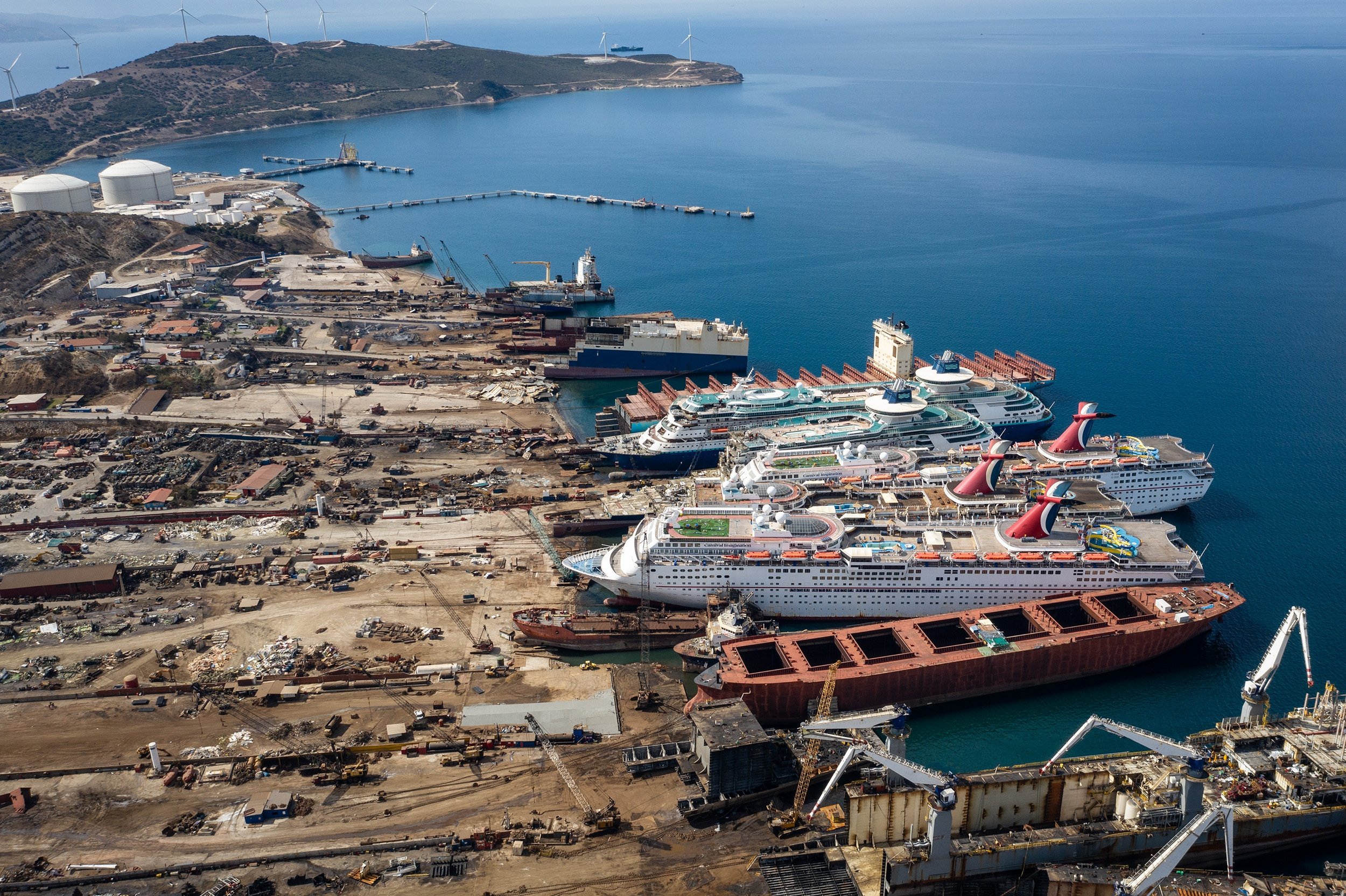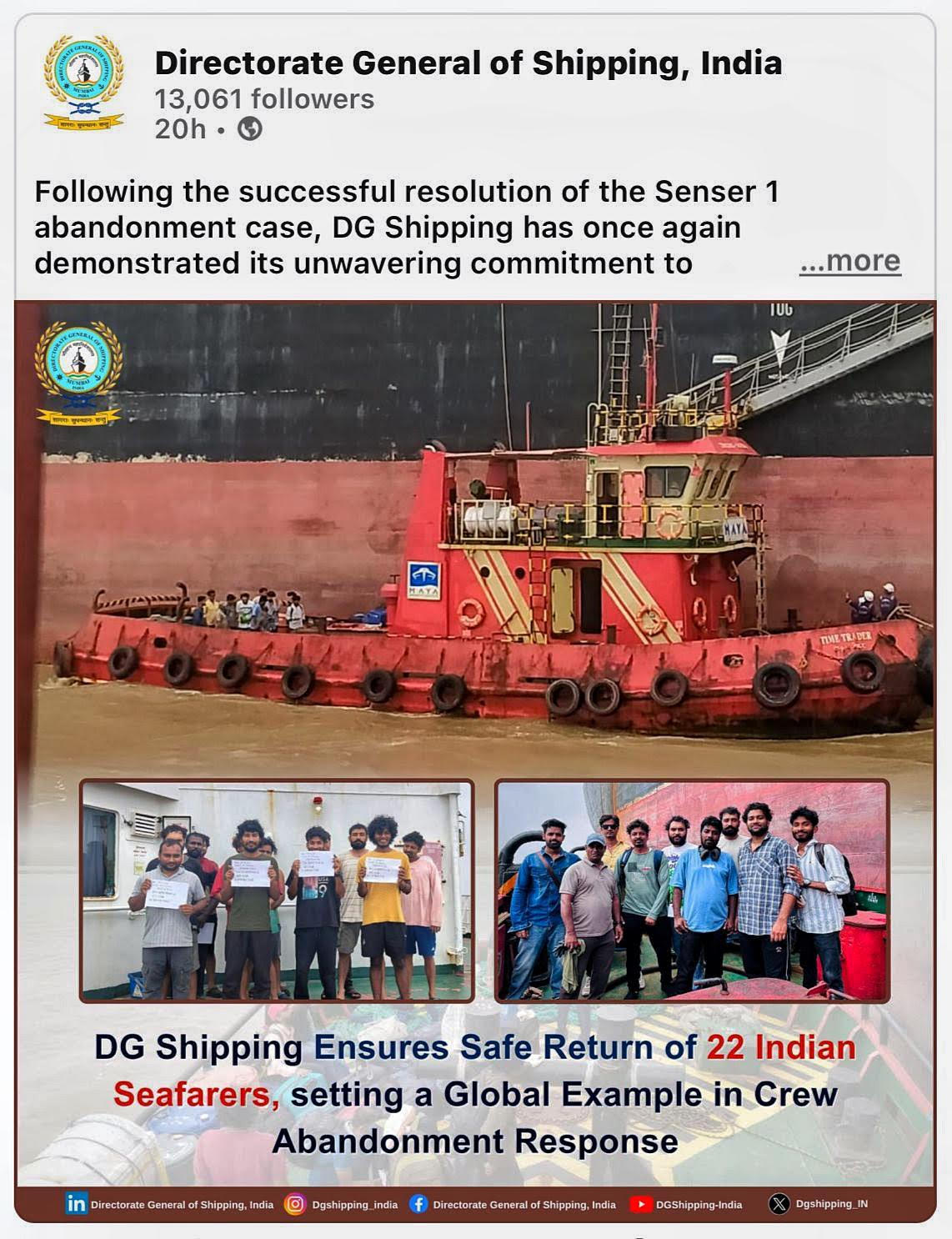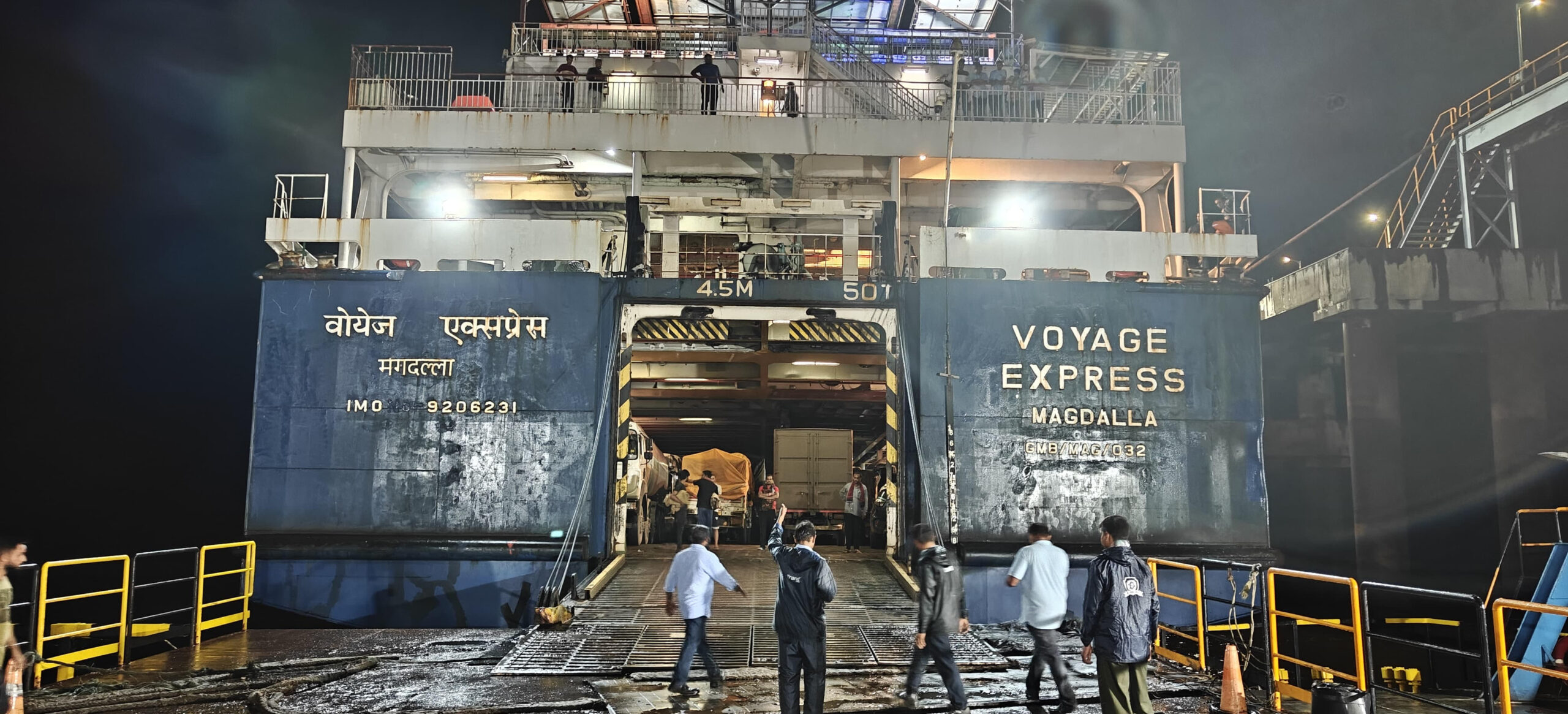Chinese Container Ships Navigate Red Sea Amid Houthi Threats
In recent months, a fleet of containerships operated or managed by Chinese companies has continued to traverse the Red Sea route connecting Asia and Europe, despite the escalating threats posed by Houthi militants on merchant vessels since December. This article explores a specific incident involving a containership cooperating with the Houthi group to ensure safe passage by disavowing any ties to Israel.
The Xin He Lu 1 Incident:
The spotlight falls on the Xin He Lu 1 (IMO: 9139907), a 3,429 TEU containership currently off Singapore with an AIS destination of Taicang, China. According to Muhammad Ali al-Houthi, a leader of the Yemeni rebels, this vessel successfully transited the Bab el Mandab Strait by broadcasting a message confirming no relationship with Israel. The ship, managed by Safe Ships based in Qingdao, China, entered the Suez Canal on December 24, navigating through the Gulf of Aden five days later.
Safe Ships’ Fleet:
Safe Ships manages a diverse fleet of 22 vessels, including 12 smaller containerships, two general cargo carriers, and eight dry bulkers. While the beneficial owner of Xin He Lu 1 remains unknown, the technical and ISM manager is Safe Ships, underscoring the company’s involvement in this strategic maritime route.
Sister ships Xin He Lu 2, OVP Taurus, Shun Long, and Hong Prosperity are also part of Safe Ships’ fleet, further emphasizing the company’s commitment to the Red Sea route despite the geopolitical tensions.
NewNew Shipping’s Involvement:
Another Chinese carrier, NewNew Shipping, specializing in Russian trades, appears undeterred by the Red Sea tensions. The 2,045 TEU Wan Xing Da (IMO: 9144328), recently chartered by NewNew Shipping, reached Singapore on December 23, transited the Suez Canal, and is currently in the Mediterranean Sea with an AIS destination of St. Petersburg.
Despite facing the Houthi threats, two other vessels from NewNew Shipping, Xin Xin Tian 1 and Newnew Star, transited through the Suez Canal in mid and late December, respectively, underscoring their commitment to maintaining regular trade routes.
Houthi Threats and Chinese Shipping Companies:
The Houthi militants claim to target only ships associated with Israel, protesting against its actions in Gaza. While it’s challenging to verify these alleged links, the US has asserted that Tehran is deeply involved in planning these attacks, assisting the Houthis in selecting targets.
Despite these threats, Chinese shipping companies maintain their presence in the region, with unverified reports suggesting that ships with Chinese names are actively avoiding Houthi hostility. China’s strong diplomatic ties with Iran and Russia might be influencing its stance, as both nations have sought closer economic and political bonds with China in recent times.
Cosco’s Response:
In contrast to other Chinese shipping companies, China’s largest shipping company, Cosco, reportedly suspended its services to Israel due to the perceived threat to its vessels. Amir Shani, deputy president at the Federation of Israeli Chambers of Commerce, confirmed that Cosco notified member firms of this decision. However, Cosco has not responded to inquiries, leaving its specific stance unclear.
Vessel Tracking and Analysis:
Vessel tracking data reveals that two of Cosco’s 14,000 TEU ships, Cosco Shipping Kilimanjaro and CSCL Uranus, entered the Red Sea earlier this month. These ships are currently positioned at Aqaba, Jordan, and nearing Jeddah, Saudi Arabia, respectively. Nevertheless, the majority of Cosco’s Red Sea ships continue to opt for the longer route around the Cape of Good Hope.
Lloyd’s List Intelligence data indicates a significant decline in the number of containerships crossing the Mandeb Strait since the Houthi attacks escalated on December 17. The average has dropped from 15.4 in the previous half-month to just 4.2 vessels, with fewer major carrier-operated larger vessels navigating this route.
Conclusion:
The continued operation of Chinese containerships in the Red Sea amid Houthi threats reflects the complex interplay of geopolitical considerations, economic interests, and maritime strategies. While some Chinese companies actively engage in the region, others, like Cosco, have taken precautionary measures, highlighting the delicate balance shipping companies navigate in response to evolving security dynamics in key waterways. The situation underscores the broader impact of geopolitical tensions on global maritime trade and the resilience of shipping companies in adapting to challenging circumstances.











